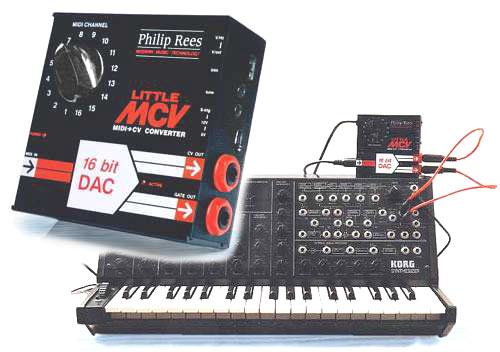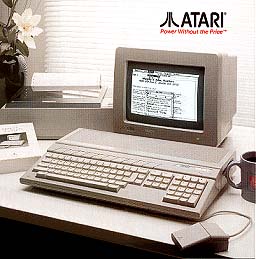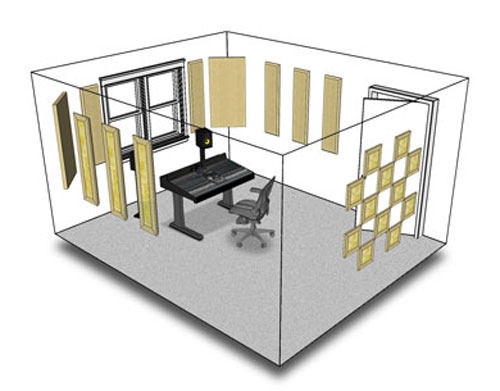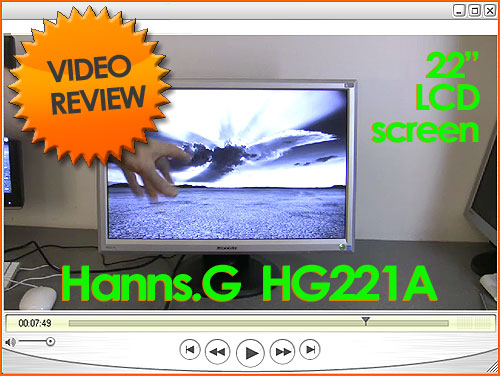The Little MCV is an up-to-date high-resolution, high-speed interface unit. It offers great functionality, performance and quality at a low price.
V/oct and V/Hz control voltages Comparison of lin. and log. lawThis up-to-date interface midi to cv unit lets you use your MIDI keyboard, computer, sequencer or other MIDI master device to control your irreplaceable old analogue monosynths, with their fat bass sounds and friendly knobs.
The Little MCV responds fast and can generate control voltages for the common one-volt-per-octave (logarithmic VCO, as used by Roland and Moog) system and the so-called volts-per-hertz (linear VCO, as used by Korg) system. CV type is selected by a slider. The voltage law of the two types is contrasted in the adjacent graph.
Superb 16 bit resolution The use of a high quality, modern 16 bit DAC means that the logarithmic pitch CV output can be perfectly in tune across the full note range, with fine steps (a stunning 512 steps per semitone) for the firmware-implemented pitchbend, pitch vibrato and portamento. 16 bit conversion also lets the Little MCV generate an accurate linear CV of superlative stability over a very wide pitch range.
In V/oct mode, unlike other low cost units, the Little MCV responds properly to pitch over the full 128 semitone MIDI range. The CV output also has a wide range available: from -10V to +20V. A tuning preset adjustment is provided to set the V/oct offset or V/Hz slope. A trim preset lets you finely match your target instrument with respect to the slope for V/oct, or the offset for V/Hz.
Smooth pitchbend, LFO, and portamento effects The pitchbend firmware can use the full 14-bits of the MIDI pitchbend value. This combines with the 16-bit conversion to give clean stepless glissando if you have a suitable high resolution source of pitch wheel data. The default pitchbend range is plus-or-minus one octave. The standard MIDI 'pitchbend sensitivity' Registered Parameter is observed, so you can alter the bend range if required.
Under MIDI control, the Little MCV digitally generates a precise triangular low frequency oscillator (LFO) signal, which may be added to the CV output - to create a high quality pitch vibrato. The LFO depth is controlled by the product of the MIDI Modulation Wheel and a value derived from the Tremolo Depth Controller (see graph below). The LFO speed is conveniently set by MIDI Non-Registered Parameter Number 00.
The portamento (pitch-to-pitch glide) response is exponential and free of irregularities. The MIDI 'Portamento On/Off and Portamento Time messages are observed.
Great package You can easily set your Little MCV to receive on any of the sixteen MIDI channels using the straightforward front panel rotary control.
The Little MCV has a MIDI In DIN socket. The CV OUT and GATE OUT connections are standard quarter-inch jack sockets.
The case of the Little MCV midi to cv is 109mm x 109mm x 40mm.
A 50/60Hz mains (ac) power supply is built-in, obviating the need for an external adaptor. Versions are manufactured for 110 - 120 Vac or 230 Vac � simply specify when ordering. The integral mains lead comes with a plug � please state your plug-type requirement when ordering. You can tell when the unit is powered-up as a power indicator lamp is provided. Power consumption is very low.










0 comments
Add review/comment